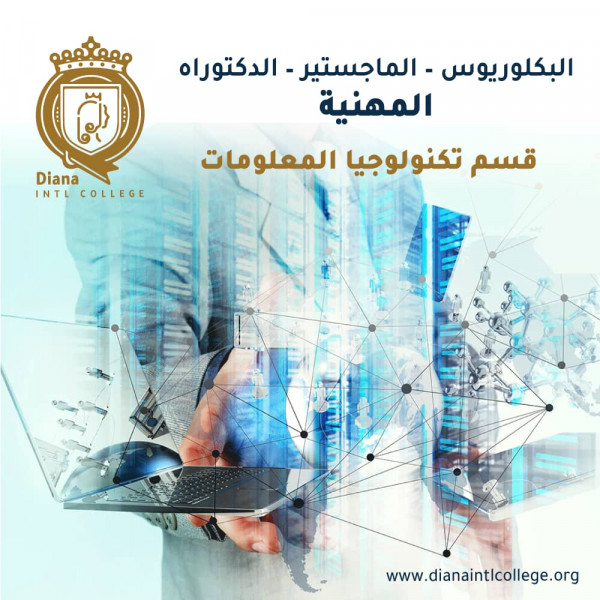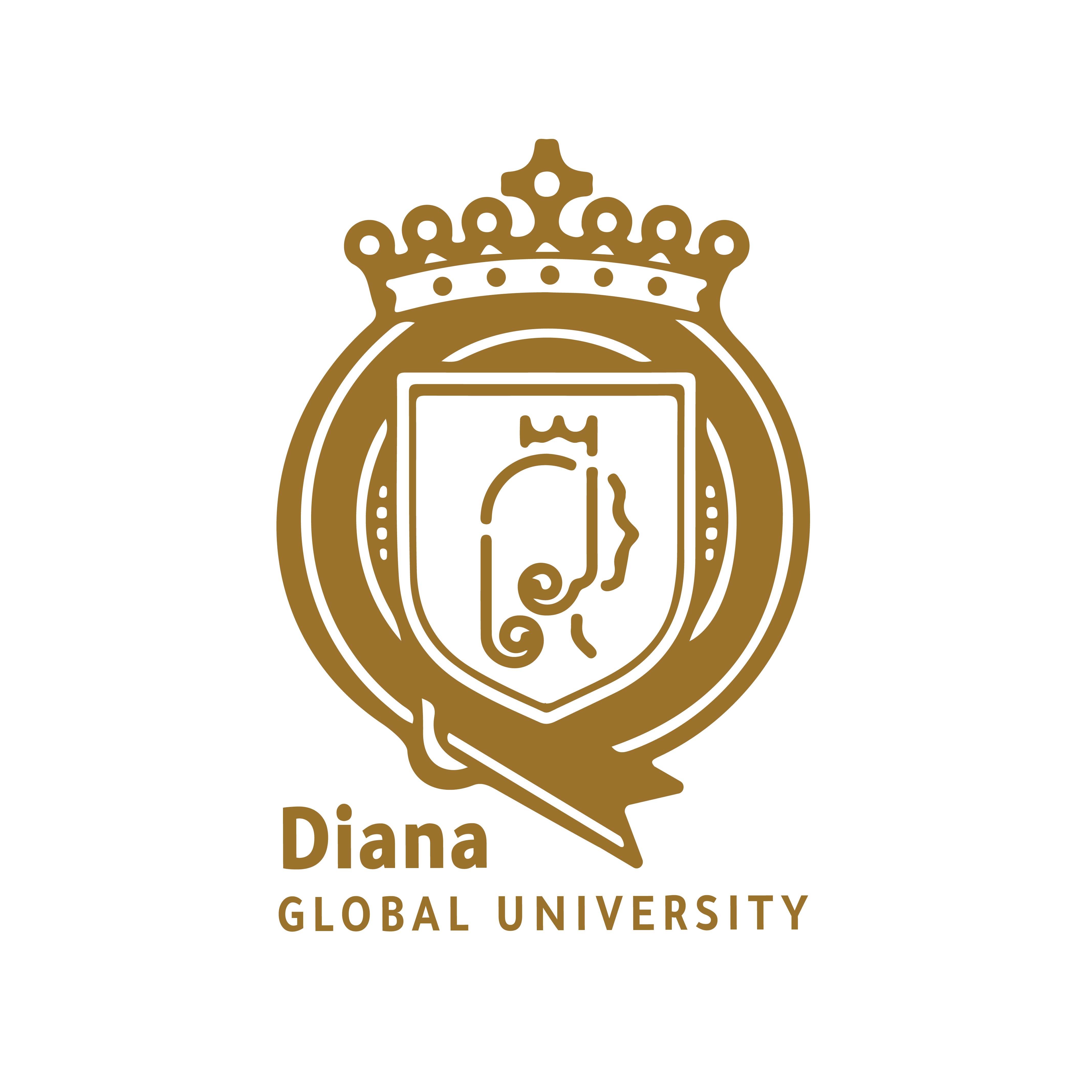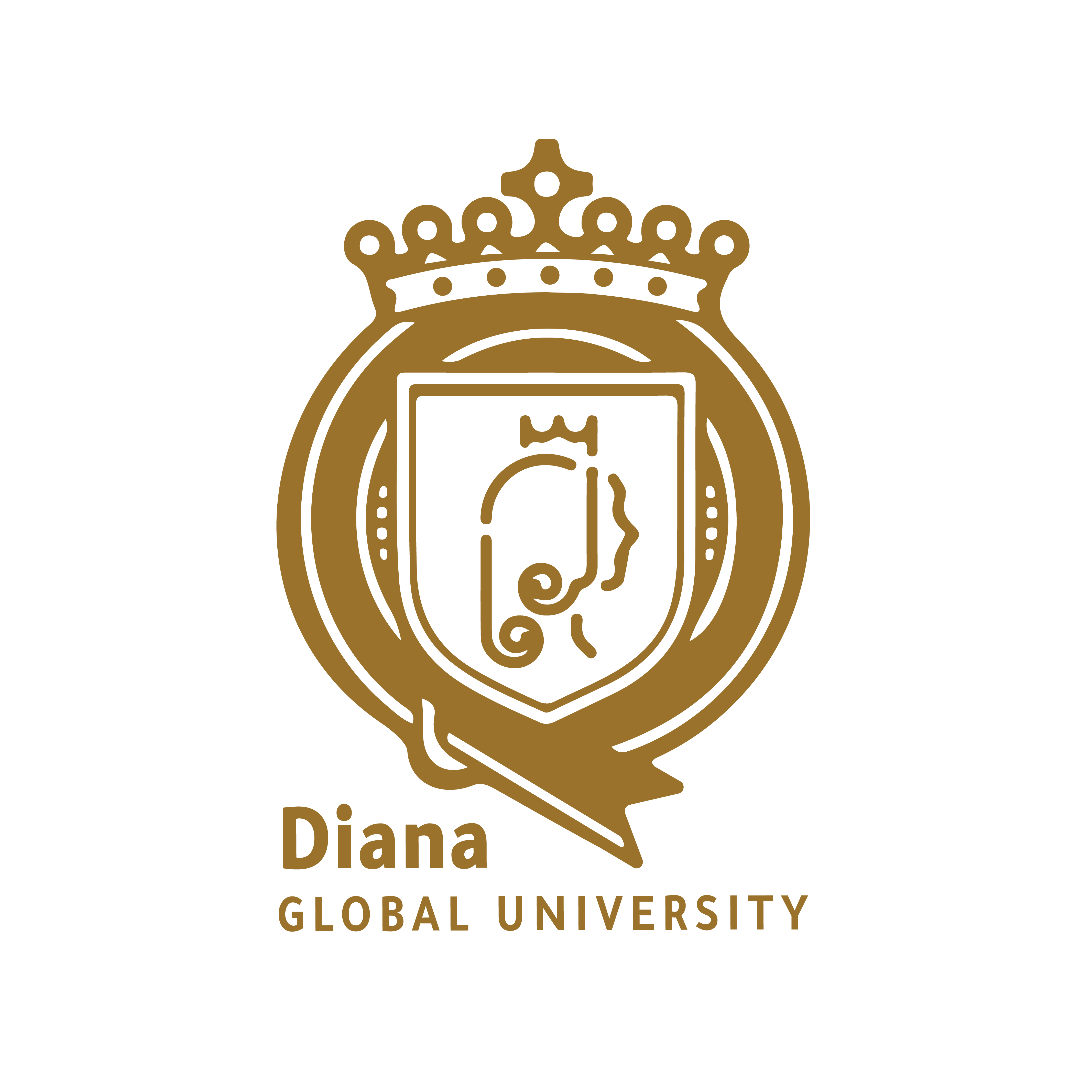Information Technology(IT)

Program hubs:
1. Introduction to networks: Computer networks enable their users to remotely access databases within a particular organization. They are a collection of computers and other devices that communicate with each other through media. This allows a number of resources to be shared among users. Together, we will study this axis:
What are networks and types of networks?
- Computer network components
- Ways to connect networks
- Network processing
- Linking two devices (peer to peer method)
- Wire mesh design (switch dispenser)
- Creating a wireless network
- Connecting devices to a common printer.
2- Basics of computer systems: This topic deals with the most important information and principles related to computer operating systems, the basics of computers, and will be introduced to the latest methods of computer systems. Together, we will study this axis:
- Operating systems sections and tasks
- Top 9 types of operating systems
Systems analysis
- Basics of windows and linux
- Users and permissions to use
- Managing packages and programs
- File systems work within windows and linux
Operations management.
3- The dangers of the Internet to information security: the great technological openness, the development of means of communication, and the dependence on them, has led to the risk of leaking information and data, and reaching competitors or wrong people, because the Internet has some weaknesses that enable some people to penetrate, and we will study in this axis:
- Risk of changing information
- Risk of disclosure of confidential information
- How to hack
- Software errors while building networks
- Maintaining information security
- Use of firewall
- Strategies to protect information security.
4. Design and manage databases: Designing databases properly provides accurate access to up-to-date information, so you need to know how to design a database that meets your needs and can easily contain change. We'll study this theme:
- What is a good design for the database
- Steps for designing databases
- Organizing and searching for the required information
- Database design techniques
- Distribution of data in tables
- Change data elements to columns
- Link data in a table
- Applying normalization rules
- Database management
- Examples of database management systems, when they are used.
5. IT Management: In this theme, we will learn about the concept of information technology and its importance, then we will address it management, which is focused on the management of it specialties resources, and we will learn how to manage it resources in a company or organization. We'll study this:
Project management
Ethical and social aspects of information technology
Digital network management
Understanding the development of information technology.
6- Programming: Is the process of creating or writing commands to be executed by the receiver, and the recipient is any programmable device, translation is considered a means of communication between humans and machine, as we humans communicate with each other through languages, there are also programming languages for communication between man and machine. We'll study this theme:
- Java programming
- Programming web applications using python
- Python Basics
- Pycharm programe
- ++C programming
- Programming site interfaces.
7- Systems development techniques: In this unit, the different stages of the development and construction of information systems will be explained, and the focus will be on each stage, considering that no stage is indispensable, we will study together in this area:
Management information systems
Stages of building and developing information systems
Analysis and design systems.
8. Digital encryption: In this module, the types of encryption used will be identified, the distinction between strong and weak encryption, the best encryption methods, the safe use of encryption, and the safe preservation and exchange of keys. We'll study this theme:
- Symmetrical key encryption
- Symmetrical encryption algorithms
- Khoasimides DES
- Asymmetric key encryption
- The basis of the work of encryption algorithms
- AES algorithm
- Analog versus asymmetric encryption
- Digital signature
- PKI Public Key.

